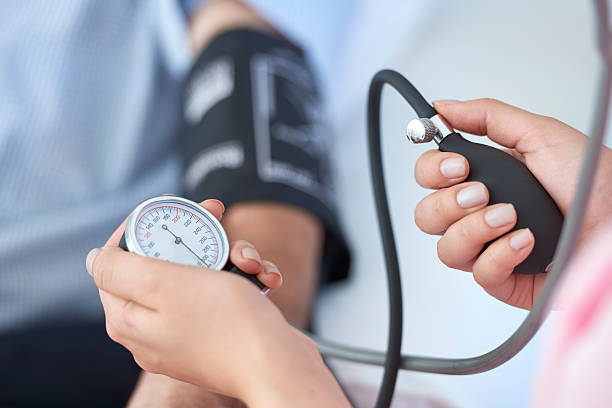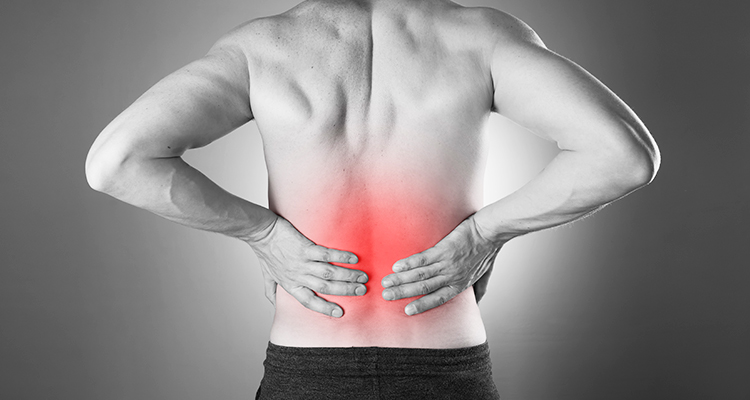10 questions to ask your kidney doctor (nephrologist)
Keep track of your kidney data with PKB
Nephrologists are doctors that specialise in kidney disease. In this article we will list 10 questions to ask your kidney doctor (nephrologist).

1. Exactly what is the cause of my CKD (chronic kidney disease)?
Write it down. Ask them the doctor to explain it, and recommend where to go for further information. There is more information on the 7 causes of CKD here.
2. How do you know I have CKD? Especially as I don’t have any pain. How can I have a kidney problem?
You will often not know you have a kidney problem. This is because mild CKD is a ‘silent disease’ and has no/few symptoms. The diagnosis is made by blood and urine tests. The main blood tests used are the creatinine level and eGFR. The main urine test is the urine ACR.
Most kidney diseases (see above) are not painful, and there may be no symptoms initially (i.e. you dont know you have it)
In fact. You may not notice symptoms of CKD until the kidneys are in Stage 4 CKD or worse, with a GFR of less than 30 ml/min; i.e. about 25% of their capacity (normal human GFR is 120 ml/min).
Top Tip. As someone with CKD, you should know your latest creatinine and GFR at all times. You can ask your nephrologist (or specialist nurse) to give you the latest figures – or better look it up yourself on the website Patient Knows Best (PKB).
How do you know that I will need dialysis or a kidney transplant?
Again, it is through blood tests, the same ones (blood creatinine level and eGFR) used to make the diagnosis of CKD. Your doctor will need to check your kidney function with blood tests regularly, to make this decision.
Click here to read more about dialysis and transplantation. Click here to know more about how doctors know when to start dialysis.
3. How bad is my CKD? What stage of CKD am I at?
Your doctor will work out your CKD stage again from the GFR blood test. There is more information about the 5 stages of CKD here, and how frequently eGFR and creatinine should be monitored here.
4. What steps can I take to improve my CKD? Or if they cannot get better, how I can slow the progression of CKD and prevent them from getting worse?
- Do not smoke
- Avoid prolonged use of analgesics such as aspirin, and other NSAIDs
- Keep your blood pressure normal or low
- Make sure that your doctor is aware of all the medicines you are taking, including over-the-counter medications. Go through them every time you see your nephrologist.
- Here are more top tips for slowing the progression of your CKD.
5. Do I need to modify my diet? Should I see a renal dietitian?
What food should I avoid to improve my kidney health? In the early stages of CKD, there may be no ‘special diet’.
If your CKD advances you may want to see a renal dietitian for advice on how to support your nutritional needs. But in general, avoid foods that are high in sodium. Too much sodium can cause high blood pressure and therefore be bad for your kidneys.
Some people with kidney disease may to restrict the intake of potassium and protein, as they both put more pressure on the kidneys. Ask your nephrologist, specialist nurse or dietitian.
Click here to read more about dietary advice and CKD.

6. Are there other health conditions that could impact my CKD? And what should I do about them?
Yes, if you have other long-term conditions (e.g. high blood pressure, diabetes, heart failure), they all need to be controlled. If not, they can worsen your CKD. If you need to see another specialist in those areas, ask your GP (or nephrologist) to refer you to one.
7. Do I need to modify my medication for other conditions? And what drugs are harmful to the kidneys?
Yes, quite often. Why?
All drugs pass through the kidneys. In particular, pain medication, antibiotics and contrast dye (given during a CT scan for example). They all can reduce blood flow to the kidneys, and damage them.
Make sure you follow the instructions of your doctor to prevent injury to the kidneys, especially if tablets are essential. Click here to know more about which drugs are toxic to the kidneys.
Note. Chinese herbal medicine can be toxic to the kidneys, including causing irreversible CKD. Click here to read more about Chinese herbal medicine and kidney damage.
8. I have had high blood pressure for a long time. Is that to do with my kidneys?
It may be. Normal blood pressure is 130/80 mm Hg or less. In CKD, it if often 140/90 or higher. This is because most causes of CKD cause high blood pressure (hypertension), which makes CKD worse. So it is a priority that it is treated.
“A BP of 130/80 or less is the target, and 120/70 if you have diabetes – all the time, at home, at your GPs, at the hospital.

Click here to read more about CKD and blood pressure.
9. How do I contact you if I am worried about anything or have new symptoms?
It is important to know how do contact your nephrologist. You need to know the telephone number and email address of their secretary and specialist nurse (if they have one). Ask for this information when you go to clinic.
10. What is the outlook for my kidneys and CKD?
It is complicated. We answer the question here on CKDEx.
Oh yes
If they do get worse, what symptoms of CKD should I look for and monitor?
Red flag symptoms include shortness of breath, ankle swelling and extreme weakness (i.e. you have major trouble getting out of a chair or bed). These should all be reported soon.
I’ve got back pain. Is that my kidneys?
Kidney diseases rarely cause back pain. It is normally a spinal problem.

Am I a good candidate for a kidney transplant?
You may well be. Make sure your nephrologist – especially if you are in CKD4 and kidney function is worsening – refers you to start the ‘transplant workup’ process sooner (at a GFR of over 25 mls/min); as it takes at least 6 months to get you on the waiting list for a kidney from a deceased donor. You will be ‘activated’ (i.e. put on) on the list when GFR is below 15 ml/min. In the UK, it then takes 3 years, on average, to get a kidney.
But. If you have a partner, friend or family member who is willing to donate a kidney to you, (again) ask them sooner rather than later. Living transplant workup will also take at least 6 months.
Also a living transplant is much more likely to happen before dialysis than a deceased donor transplant. And it is much better, if possible, never to have dialysis.
Note. Age, on its own, is not a reason not to be offered a kidney transplant. Whether you are suitable relates more to your ‘biological age’ (i.e. how fit you are generally).
I’ve heard that CKD causes anaemia and bone problems? Is that true?
Yes. Kidney disease or damage can cause (renal) anaemia and bone pain/weakness (renal bone disease).
Why? Anaemia means that the body does not have enough red blood cells to transport oxygen throughout the body. The kidneys have considerable control of the bones and bone marrow (where blood is made). This is because they:
- Convert vitamin D to an active form (vital to bone strength)
- Produce a hormone (called ‘EPO’) that stimulates the bone marrow to make red blood cells.
So if you have (more advanced) CKD, you may become anaemic and develop bone pain and weakness. Both are easy to treat, the earlier the better. Ask your nephrologist if you have either, and whether it needs treatment.
Summary
We have described 10 questions to ask your kidney doctor (nephrologist). We hope it has been helpful!
Be proactive and protect your kidney health
Last Reviewed on 26 February 2024
